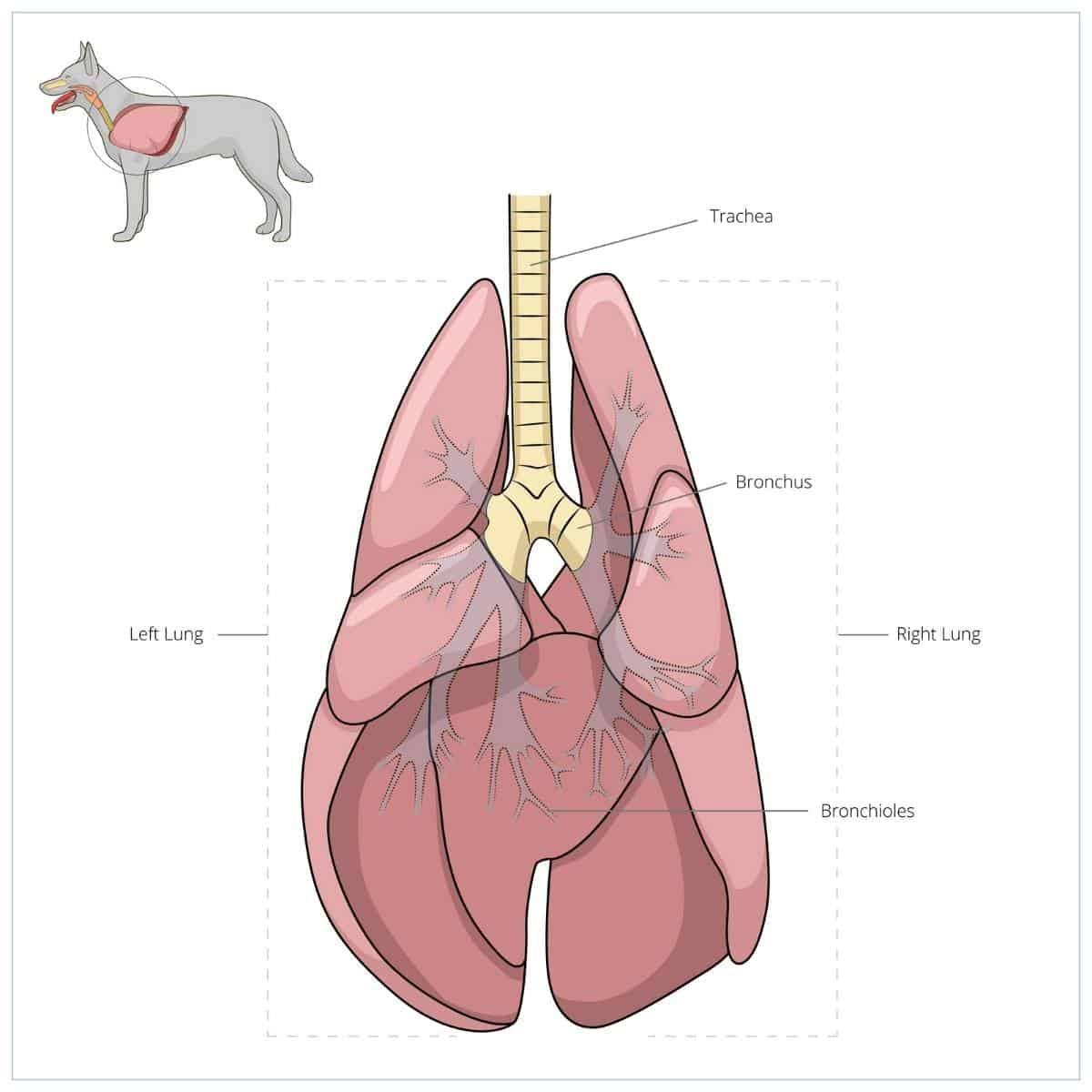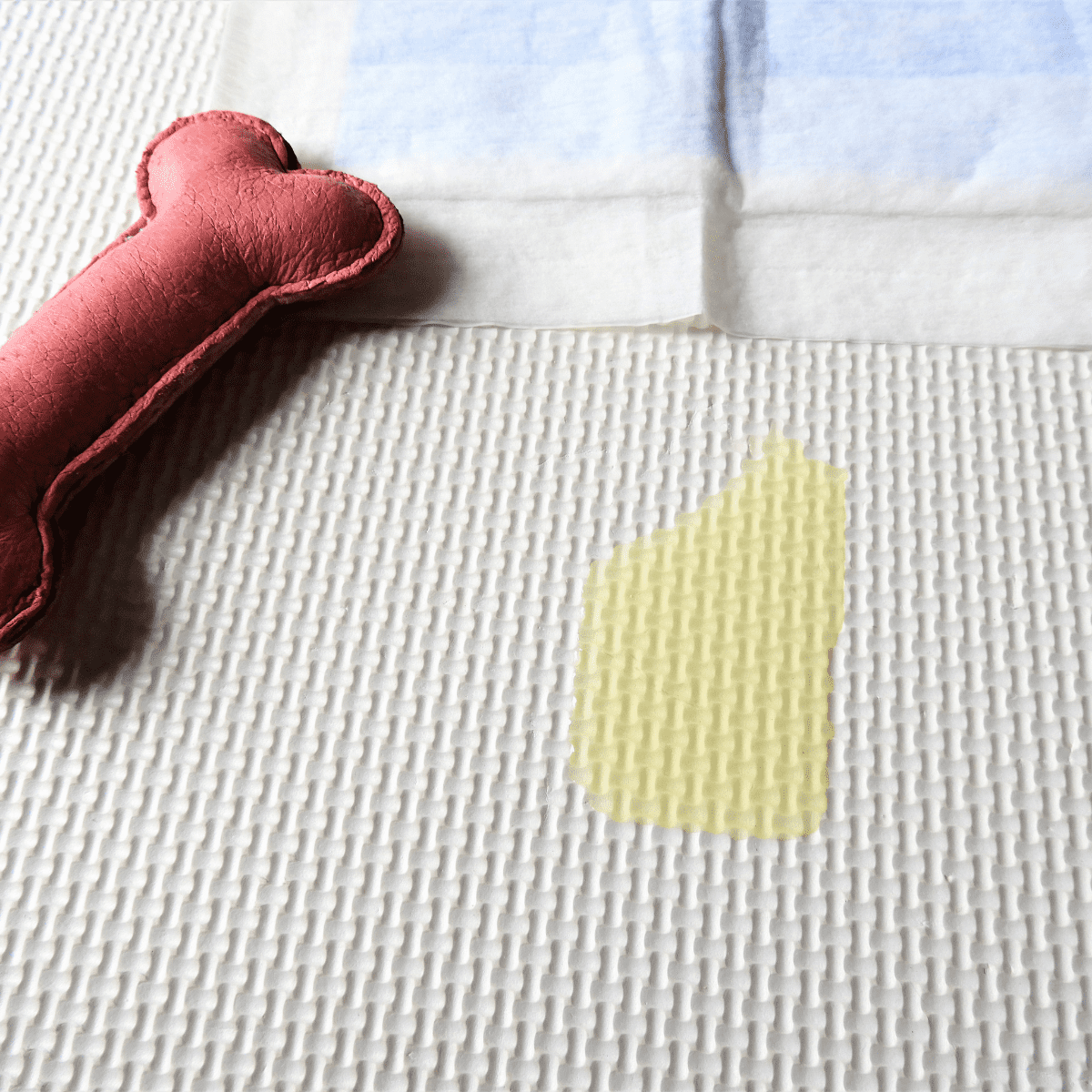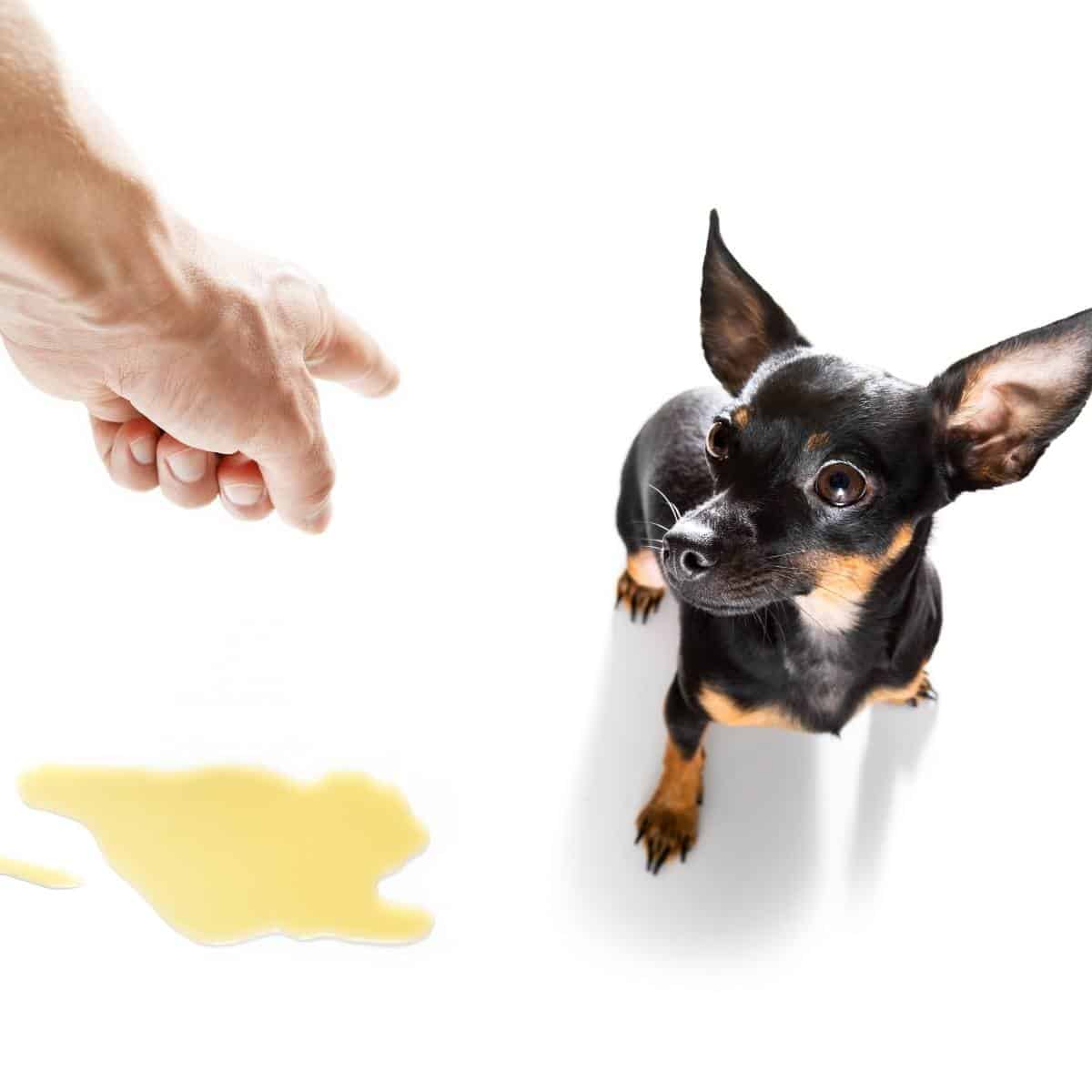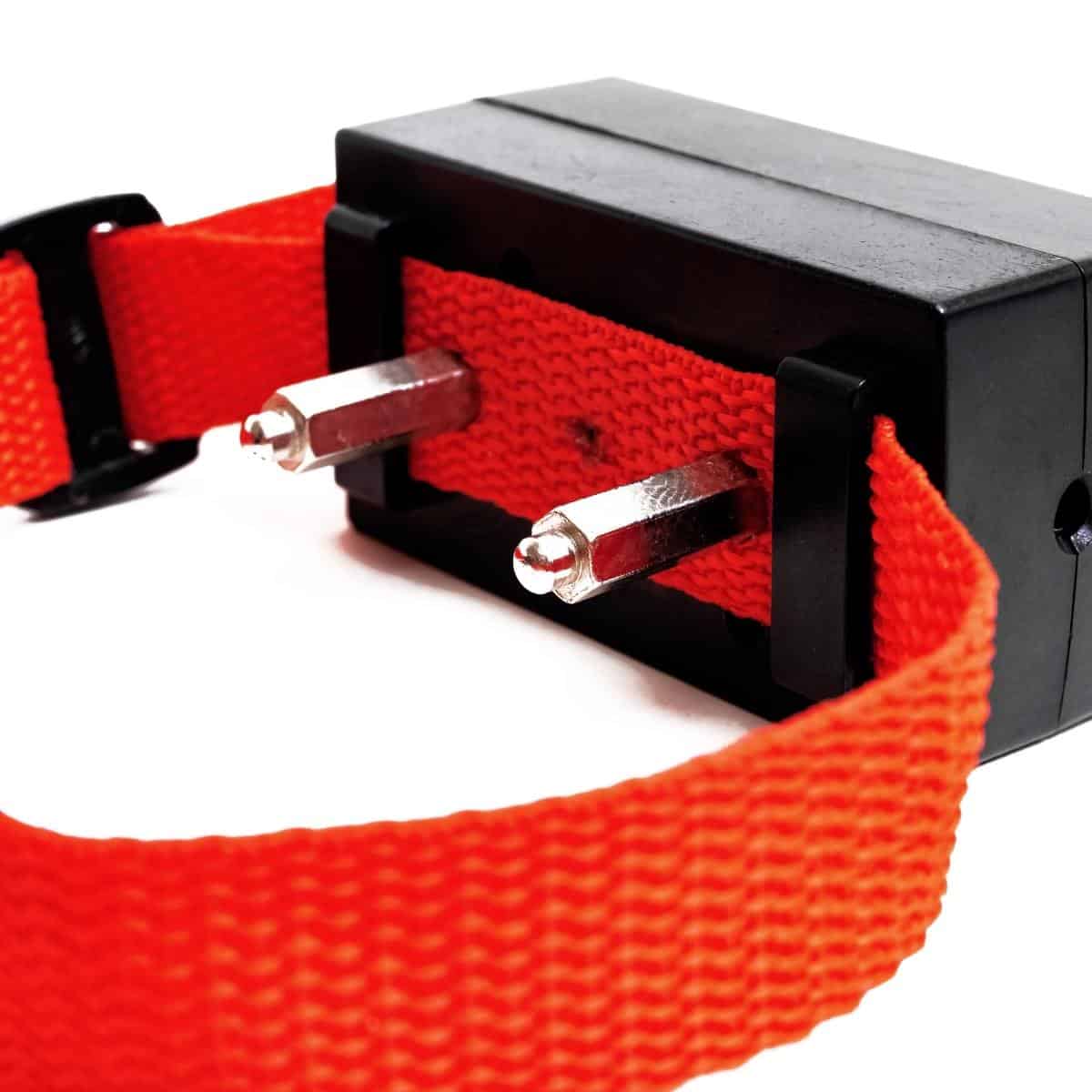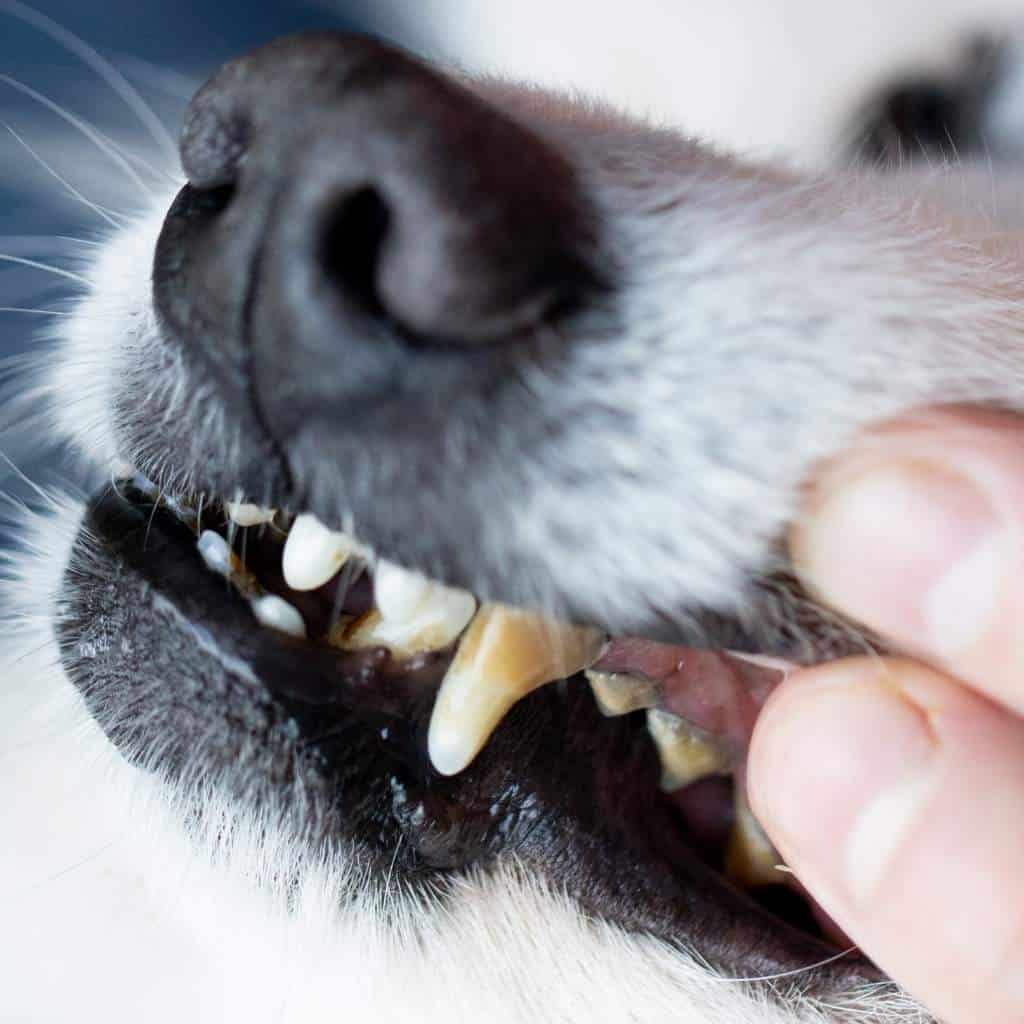Best Advice for Potty Training A Stubborn Puppy
While a puppy is an exciting addition to the family, potty training can be frustrating. From accidents in the house to taking your puppy outside around-the-clock, potty training a puppy takes patience and lots of it.
When you have a stubborn puppy that seemingly won’t learn, the training process seems even more impossible. Check out our full guide on how to potty train a Yorkie.
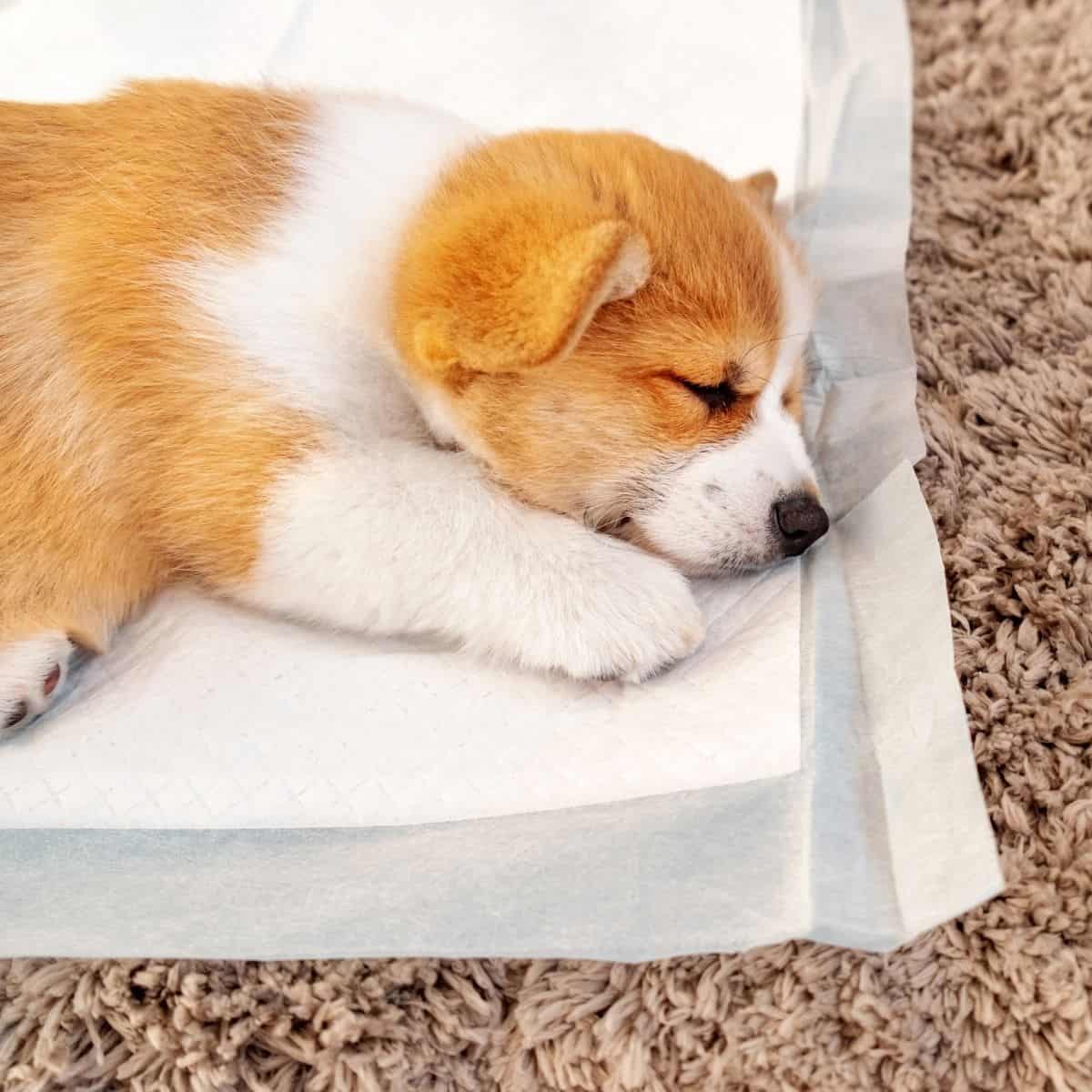
*This post contains affiliate links. We may earn a small commission on qualifying purchases at no extra cost to you. If needed, read our disclosure policies.
The good news is that there are many techniques to help make potty training easier and faster. With a little hard work and the right tips, even the most stubborn puppy will be accident-free in no time. Just remember that some dog breeds are harder to potty train than others.
How Do I Potty Train A Stubborn Puppy?
Consistency
The key to potty training any puppy is to stay consistent with every aspect of potty training.
Choose one designated spot to take your puppy to when it’s potty time, whether that’s a specific place outside or on a puppy pad, and stay consistent with where and how often you bring them. Don’t combine puppy pads with outside training—pick one method to consistently use.
You can also choose a one or two-word command to associate with potty time for your puppy. This can be as simple as “go potty” or “potty time,” but you need to be consistent with its usage. Every time your puppy goes outside, mark the behavior immediately with the chosen command.
When taking them outside, go to the same door every time. This helps them associate potty training with a door which eventually they will go to and give you the signal.
Create a Schedule
Just like a toddler, your puppy needs a schedule to give them structure, establish the rules for your home, and help them understand when, where, and how to go.
The schedule shouldn’t stop when the bathroom breaks are, however, your puppy needs a solid routine for all of their daily activities, including mealtime and sleeping.
Schedules may vary if you work from home or go to the office. When puppies are little you cannot expect them to hold it all day. Coming home during your lunch break would help with crate training as well.

Remember: Everyone’s schedule is different. Puppies do sleep a lot but you also need to encourage playtime. It’s also wise to not give them anything to eat or drink 1 hour before bed.
Limited access
When puppies are born, they spend all of their time with their mom in a small area. Their mom teaches them to keep their space clean, and they learn quickly that they shouldn’t go to the bathroom in the same area where they eat and sleep.
Because of this, puppies are good at avoiding accidents in small spaces. The problem is that your entire house isn’t a small space, and it’s hard for your puppy to understand that the entire house is their home.
To combat this, restrict the area that your puppy has access to while you’re potty training. A puppy play pen is a great way to keep them confined and entertained. We have this playpen and our puppy loves it! Crate training is also helpful for when you need to leave the house.
Rewards
For your puppy to learn, you have to reinforce good behaviors and discourage unwanted behaviors.
With positive reinforcement, typically with treats, you reward your puppy whenever they do something you want them to continue. In this case, you would give them a treat for pottying in the right spot. They learn to associate the behavior with getting a reward. Don’t forget to carry the treats with you. You want them to remember what they did well to deserve a treat. Give it to them as soon as they use the bathroom.
In contrast, negative reinforcement involves taking something away from your puppy. For example, if your puppy has an accident in the house, you may choose to put them in their crate, taking away their access to the house.
Use Puppy Pads/Indoor Dog Potties
Puppy pads can help create a bridge between accidents in the house and going to the bathroom outside.
Puppies, especially when they’re very young, need to be taken to the bathroom every two hours, sometimes more frequently if they’ve just eaten or woken up from a nap. Puppy training pads can make this process easier because the puppy pads are closer to your puppy, who has trouble holding their bladder.
We also put these in her kennel at night time because we knew she wouldn’t make it that long without an accident. These made cleaning up SO much easier!
Tips for House Breaking Your Puppy
Here are several tips as a puppy owner that have worked for us when training our mini golden doodle puppy.
Tips
- Take your puppy out immediately when they first get up in the morning and between 5 to 30 minutes after each meal.
- Give them a treat and/or praise when they use the bathroom in the designated spot.
- As a puppy, even when they aren’t eating and drinking they need to go out every hour to prevent accidents in the house. At least this is the case for our golden doodle.
- If you are crate training and the puppy is sleeping in it, do not put the puppy in the crate as a form of punishment. This may cause them to be disobedient at bedtime.
Why is it Taking So Long to Potty Train My Puppy?
Potty training is a tedious process that requires patience, so it can seem like it takes a long time. Potty training typically takes 4-6 months for your puppy to learn, but it can be even longer for certain puppies.
Small dogs have smaller bladders, which is why they need to be taken outside more frequently, which can drag out the training process. You also need to make sure you’re staying consistent with your training.
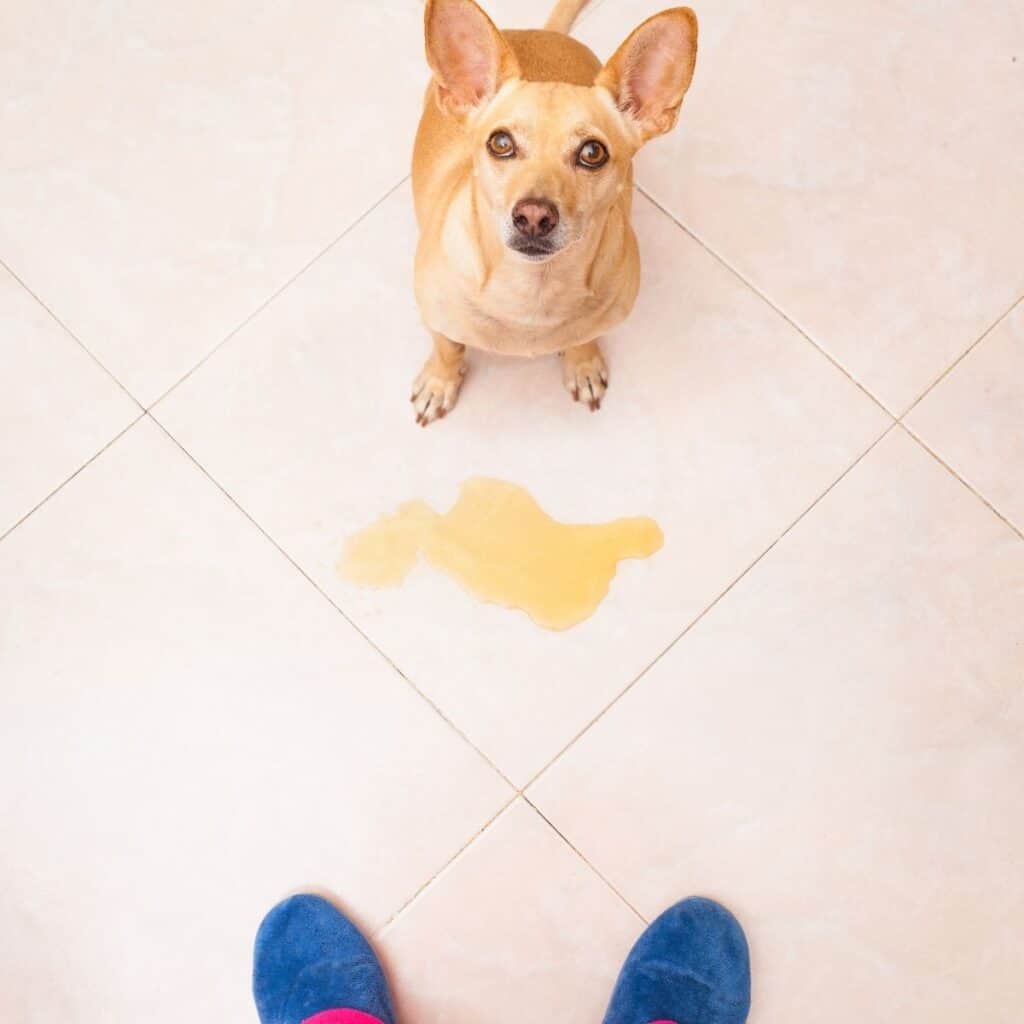
Are Some Puppies Impossible to Potty Train?
All puppies can learn to potty train, even if some are more stubborn than others. The process may seem long and impossible, but if you’re consistent, your puppy will eventually learn.
What is the Hardest Dog to Potty Train?
Some dog breeds, whether they’re small or simply stubborn, can be harder to train than other breeds. Here are the most difficult dog breeds to potty train:
- Pug
- Dachshund
- Bichon Frise
- Dalmatian
- Jack Russell Terrier
- Afghan Hound
- Pomeranian
At What Age Should a Puppy Be Potty Trained?
The best age to start your dog’s potty training is when you first bring them home, typically between 12 to 24 weeks old.
However, you can start potty training a puppy at any time after they’re 6 weeks old.
Other Common FAQs
The best time to housebreak your puppy is between 12 and 16 weeks when they have enough control of their bladder to learn.
You have to stay consistent with taking your puppy outside on a regular schedule. Take them outside after meals, after they drink water, and after they wake up from a nap. You should also take them outside at least every 2 hours.
Keeping your dog in a confined space can also help establish a difference between their “clean” space and where they should go potty.
When you do take your puppy outside, monitor their behavior. Sometimes, you may think they’ve gone but they haven’t, so you’ll take them back inside and then they’ll have an accident.
Puppies are easily distracted, so it’s best for you to go out there with your puppy to make sure they’ve fully gone to the potty.
You should continue to use puppy pads until your dog is ready to transition to outside. There isn’t a specific timeframe for this, but there are signs for you to watch for.
If your puppy can go through a full night (at least 8 hours) without needing to go potty, they’re ready to transition.
There is no real difference between potty training a girl dog and potty training a boy dog.
Sometimes it can be easier for you to tell when a girl is squatting to go potty, making training seem easier, but the process will be the same for both genders. Since girls do not lift their legs, also makes potty training a little less frustrating.
It’s important to understand that puppies do not pee in the house for attention—they pee in the house because they’ve yet to understand where they should pee and what the appropriate potty time behaviors are.
Puppies also have fragile bladders, and in many cases, your dog may pee in the house simply because they couldn’t hold it any longer.
Ready to Potty Train Your Puppy?
All puppies can be potty trained, even the seemingly stubborn ones. The key to potty training is to stay consistent with everything you do: how often you take your puppy out, where you take your puppy, and what command word you use to mark the behavior.
With patience, consistency, and positive reinforcement, your puppy will be potty trained in no time.
